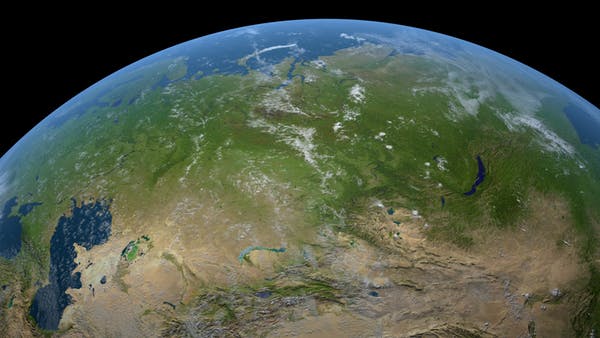Lake Baikal: how climate change is threatening the world’s oldest, deepest lake

Lake Baikal, the world’s oldest, deepest lake, is feeling the temperature of human-induced climate change. Situated in southern Siberia, Baikal occupies one of the fastest warming regions on the planet and, as a result, the lake itself has got warmer, seasonal ice is present for a shorter period of time and has got thinner, and its waters have become stratified for longer periods. These changes have already had an impact on the lake’s microscopic life, including phytoplankton and zooplankton.
Now, our new research has provided the first evidence that some of the lake’s unique microscopic plants are being outcompeted by species not unique to the lake, most likely due to climate change. Although these ecological changes are so far confined to the south basin of Lake Baikal, they may act as an early warning signal of what might happen across the rest of the lake in the coming decades.
History is preserved in mud
To place modern ecological observations into a wider and longer-term perspective, we looked at the mud which accumulates at the bottom of the lake. This preserves an environmental history that, with careful collection and analyses, can be used to reveal changes in the lake’s ecology.

